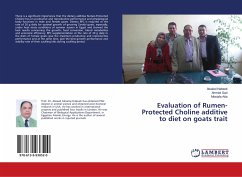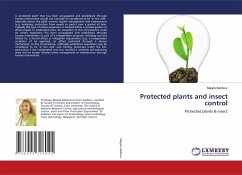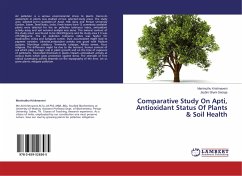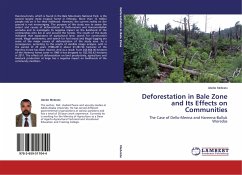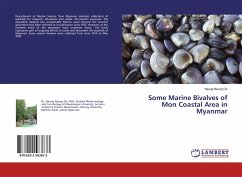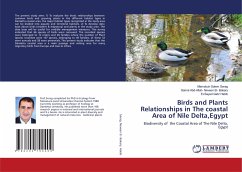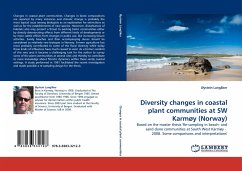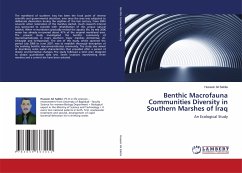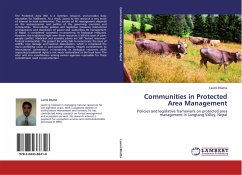
Communities in Protected Area Management
Policies and legislative framework on protected area management in Langtang Valley, Nepal
Versandkostenfrei!
Versandfertig in 6-10 Tagen
32,99 €
inkl. MwSt.

PAYBACK Punkte
16 °P sammeln!
The Protected Area (PA) is a common resource, and provides basic necessities for livelihoods. As a result, access to this resource is very much of interest to local communities. The success of PA management depends on the socioeconomic and politicsof the governing countries and communities. This includes policies and legislative measures, institutional arrangements and devolution of power and authorities. PA management in Nepal is considered successful in consvering its biological resources. However, the traditional right over these resources is still the issue of park-people conflict. Medicin...
The Protected Area (PA) is a common resource, and provides basic necessities for livelihoods. As a result, access to this resource is very much of interest to local communities. The success of PA management depends on the socioeconomic and politicsof the governing countries and communities. This includes policies and legislative measures, institutional arrangements and devolution of power and authorities. PA management in Nepal is considered successful in consvering its biological resources. However, the traditional right over these resources is still the issue of park-people conflict. Medicinal and aromatic plants are still locked resources forlocal communities. The present PA policy fails to incorporate the issue of wildlife crop damage and livestock depredation, which is considered the most conflicting cause in park-people relations.Nepal's committment to international conventions in conserving its biological resources while respecting traditional rights is not much materialised at the local level. The inter and inra coordination among variuos agencies reponsible for these committment need crucial attention.



